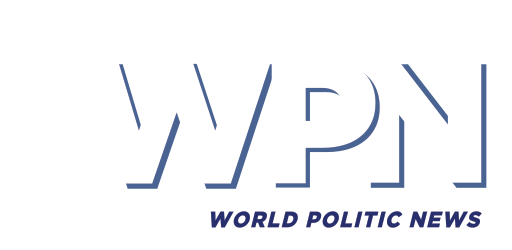
Qatar is ready to mediate between the United States and Iran after President Joe Biden took over the White House after the turbulent years of Donald Trump’s administration.
Doha sees itself as a natural alternative to the Oman in the issue of US negotiations with Iran about the latter’s nuclear file and as a likely candidate for reaching settlements in this file, even though it will certainly clash with Saudi opposition Qatar’s intervention in a file that Riyadh considers an existential issue, especially after the Iranian-sponsored attack on Abqaiq oil facilities.
But for Qatar, this is exactly the important it believes it can exploit to pressure Saudi Arabia into accepting a reconciliation formula, especially as the Saudi Kingdom appears today more willing to revise the files of its regional relations in light of Joe Biden’s arrival to the White House.
The US and Iran
The United States and Iran affair is as multi-dimensional as it is time tested. In June 2017, Qatar’s fellow Arab countries imposed a blockade on Doha. The Saudis and the UAE spread headed the effort to extract concessions from Qatar before the blockade would be lifted.
Of the 13 demands made, one was that Doha scale back its ties with Tehran and cut off its military and intelligence cooperation with Iran.
Qatar rejected the demands. For the remainder of the blockade, which officially ended earlier 2021. Qatar’s ties with Iran only strengthened. It became a source of food and supplies and opened up its air space and ports for Qatari operators.
For example, during 2017-2020 blockade resulted in an increase in Iran-Qatar trade, Doha was still reluctant to let Iranian banks enter its market. Iranian businessmen complained about lack of visas. The Qataris clearly did not want to be accused of breaching US sanctions on Tehran.
What can Qatar do for this relationship?
Two realities are undeniable for US-Qatar relationships. First, while they never have been trouble-free, neither side is interested in turning the other into an explicit adversary. Second, Doha and Tehran have sought to pursue mutually-adventurous cooperation when an opportunity has presented itself.
A recent example of Doha’s access to Iran’s ‘deep state’ was publicized in 2015 when a group of 26 Qataris were kidnapped in Iraq by pro-Iranian militiaman. It took Doha direct negotiations over a 16 months’ period before the Qatari’s were released.
The negotiations involved Iran’s Revolutionary Guards and personalities such as Qassem Soleimani, head of the Revolutionary Guards Quds force, who was later assassinated by the US in Iraq.
The Qatari foreign minister has been in contact with the US National Security Adviser, Jake Sullivan and the special representative for Iran, Robert Malley.
In the end, European parties to the nuclear deal—France, Germany and the United Kingdom—are best positioned to formally mediate between the US and Iran in any period before direct talks. However, Qatar’s diplomacy may help facilitate subsequent stage of mediation, in a role similar to that played by Sultan Qaboos of Oman in 2013.
Get REAL, UNBIASED coverage of the latest political news and more US news and World news, and US 2024 Presidential Odds.
Follow us on Social Media for more latest news from all around the world!
